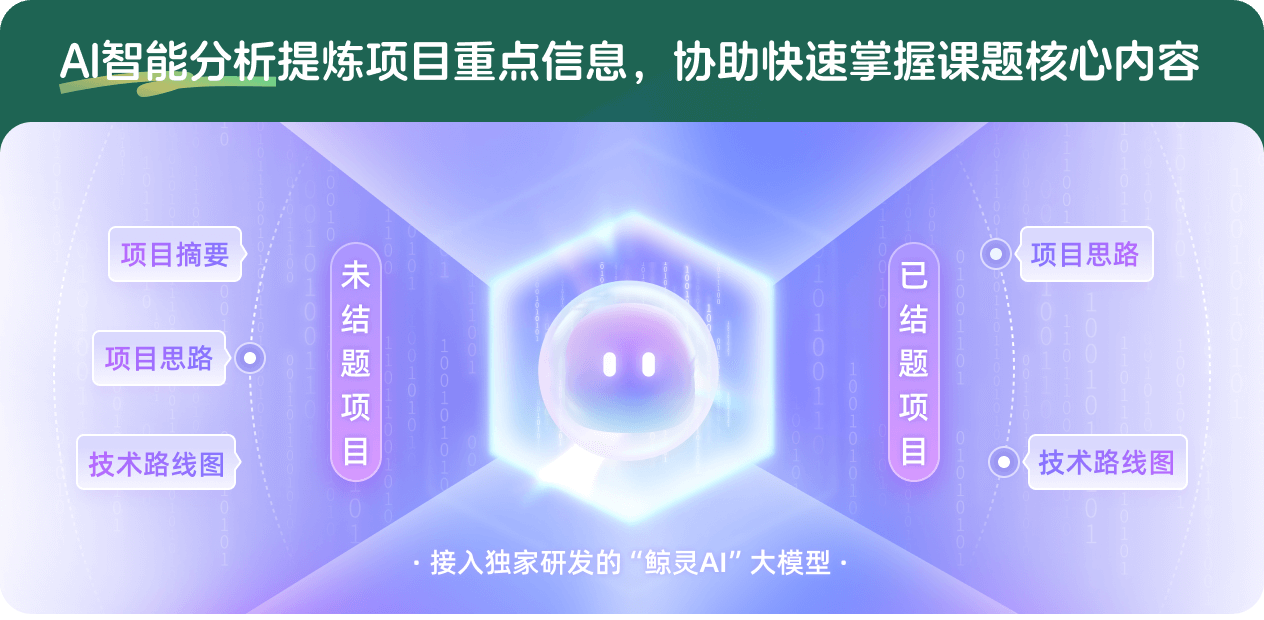弯曲压电振动能量采集动力学机理与建模方法研究
项目介绍
AI项目解读
基本信息
- 批准号:11902282
- 项目类别:青年科学基金项目
- 资助金额:25.0万
- 负责人:
- 依托单位:
- 学科分类:A0707.神经与智能系统动力学
- 结题年份:2022
- 批准年份:2019
- 项目状态:已结题
- 起止时间:2020-01-01 至2022-12-31
- 项目参与者:--
- 关键词:
项目摘要
Vibration energy harvesting is a nascent alternative energy technology. It holds great potential to achieve self-powered and long-lifespan operation of wireless electronic devices. Currently one of the major bottlenecks constraining the applications of energy harvesters is their low power output. This project is proposed to significantly improve energy harvester performance by replacing the commonly used flat piezoelectric energy conversion element with curved piezoelectric elements. We will develop a comprehensive analytical model, and theoretically and experimentally investigate the dynamic and electrical responses of curved piezoelectric energy harvesters under different excitations. The main research activities include (1) development of a distributed-parameter electromechanical-coupling model for energy harvester of a single curved piezoelectric element; (2) development of a distributed-parameter electromechanical-coupling model for analyzing structures with multiple series-connected curved elements; (3) design, analysis and test of high-performance curved energy harvesters. The implementation of the proposed project will lay a theoretical and experimental foundation for the development of high-performance piezoelectric energy harvesters, which will ultimately promote the development of related self-powered sensors such as the Internet of Things and implantable medical devices.
振动能量采集是一新兴能源技术,具有实现电子设备自供电长久运行的巨大潜力。然而当前技术的能量产出率低,不能够满足大部分潜在应用的用电需求,这是能量采集技术面临的一个主要困难。为此本项目提出将弯曲压电单元运用到能量采集器中来替代普遍采用的压电平板的新思路,力求显著提高振动能量采集器的综合性能。我们将采用理论建模、仿真分析和实验相结合的方法,探索研究基于弯曲压电单元的振动能量器在不同激励状态和电载荷情况下的动态响应和能量输出特征。具体研究内容叙述涵括三个方面:1)建立基于单个弯曲压电单元的离散参数解析动力学-机电耦合模型;2)建立一个动力学-机电耦合模型分析多个弯曲压电单元串联的连续体结构;3)设计、制造、实验弯曲压电能量采集器。项目申请人在振动学和能量采集方面具有丰富经验。本项目的实施将为高效能量采集器的开发奠定理论和实验基础,加快其在物联网和植入式医疗设备等方面的应用。
结项摘要
振动能量采集是一新兴能源技术,具有实现电子设备自供电长久运行的巨大潜力。然而当前技术的能量产出率低,不能够满足大部分潜在应用的用电需求,这是能量采集技术面临的一个主要困难。为此本项目提出将弯曲压电单元运用到能量采集器中来替代普遍采用的压电平板的新思路,力求显著提高振动能量采集器的综合性能。我们将采用理论建模、仿真分析和实验相结合的方法,探索研究基于弯曲压电单元的振动能量器在不同激励状态和电载荷情况下的动态响应和能量输出特征。具体研究内容叙述涵括三个方面:1)建立基于单个弯曲压电单元的离散参数解析动力学-机电耦合模型;2)建立一个动力学-机电耦合模型分析多个弯曲压电单元串联的连续体结构;3)设计、制造、实验弯曲压电能量采集器。项目申请人在振动学和能量采集方面具有丰富经验。本项目的实施将为高效能量采集器的开发奠定理论和实验基础,加快其在物联网和植入式医疗设备等方面的应用。
项目成果
期刊论文数量(4)
专著数量(0)
科研奖励数量(0)
会议论文数量(0)
专利数量(0)
A distributed-parameter electromechanical coupling model for a piezoelectric energy harvester with variable curvature
变曲率压电能量收集器的分布参数机电耦合模型
- DOI:10.1088/1361-665x/abad4e
- 发表时间:2020-11-01
- 期刊:SMART MATERIALS AND STRUCTURES
- 影响因子:4.1
- 作者:Wang, Biao;Li, Zhongjie;Yang, Zhengbao
- 通讯作者:Yang, Zhengbao
Thickness-variable composite beams for vibration energy harvesting
用于振动能量收集的厚度可变复合梁
- DOI:10.1016/j.compstruct.2020.112232
- 发表时间:2020-07-15
- 期刊:COMPOSITE STRUCTURES
- 影响因子:6.3
- 作者:Wang, Biao;Luo, Xiaowei;Yang, Zhengbao
- 通讯作者:Yang, Zhengbao
A distributed-parameter electromechanical coupling model for a segmented arc-shaped piezoelectric energy harvester
分段弧形压电能量收集器的分布参数机电耦合模型
- DOI:10.1016/j.ymssp.2020.107005
- 发表时间:2021-01-01
- 期刊:MECHANICAL SYSTEMS AND SIGNAL PROCESSING
- 影响因子:8.4
- 作者:Zhou, Weijian;Wang, Biao;Yang, Zhengbao
- 通讯作者:Yang, Zhengbao
Flexible and translucent PZT films enhanced by the compositionally graded heterostructure for human body monitoring
通过成分梯度异质结构增强的柔性半透明 PZT 薄膜,用于人体监测
- DOI:10.1016/j.nanoen.2021.105984
- 发表时间:2021-03-16
- 期刊:NANO ENERGY
- 影响因子:17.6
- 作者:Zou, Deng;Liu, Shiyuan;Yang, Zhengbao
- 通讯作者:Yang, Zhengbao
数据更新时间:{{ journalArticles.updateTime }}
{{
item.title }}
{{ item.translation_title }}
- DOI:{{ item.doi || "--"}}
- 发表时间:{{ item.publish_year || "--" }}
- 期刊:{{ item.journal_name }}
- 影响因子:{{ item.factor || "--"}}
- 作者:{{ item.authors }}
- 通讯作者:{{ item.author }}
数据更新时间:{{ journalArticles.updateTime }}
{{ item.title }}
- 作者:{{ item.authors }}
数据更新时间:{{ monograph.updateTime }}
{{ item.title }}
- 作者:{{ item.authors }}
数据更新时间:{{ sciAawards.updateTime }}
{{ item.title }}
- 作者:{{ item.authors }}
数据更新时间:{{ conferencePapers.updateTime }}
{{ item.title }}
- 作者:{{ item.authors }}
数据更新时间:{{ patent.updateTime }}
其他文献
其他文献
{{
item.title }}
{{ item.translation_title }}
- DOI:{{ item.doi || "--" }}
- 发表时间:{{ item.publish_year || "--"}}
- 期刊:{{ item.journal_name }}
- 影响因子:{{ item.factor || "--" }}
- 作者:{{ item.authors }}
- 通讯作者:{{ item.author }}

内容获取失败,请点击重试

查看分析示例
此项目为已结题,我已根据课题信息分析并撰写以下内容,帮您拓宽课题思路:
AI项目摘要
AI项目思路
AI技术路线图

请为本次AI项目解读的内容对您的实用性打分
非常不实用
非常实用
1
2
3
4
5
6
7
8
9
10
您认为此功能如何分析更能满足您的需求,请填写您的反馈:
相似国自然基金
{{ item.name }}
- 批准号:{{ item.ratify_no }}
- 批准年份:{{ item.approval_year }}
- 资助金额:{{ item.support_num }}
- 项目类别:{{ item.project_type }}
相似海外基金
{{
item.name }}
{{ item.translate_name }}
- 批准号:{{ item.ratify_no }}
- 财政年份:{{ item.approval_year }}
- 资助金额:{{ item.support_num }}
- 项目类别:{{ item.project_type }}




















